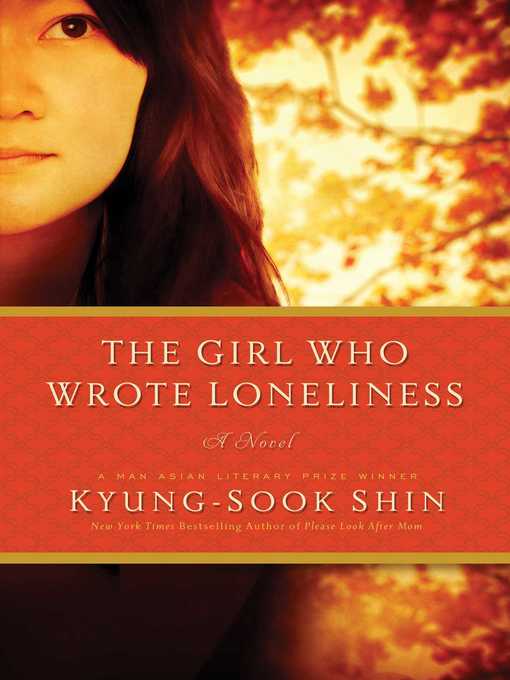- Available now
- New eBook additions
- New kids additions
- New teen additions
- Lonely Planet Travel Guides - Always Available
- Most popular
- Try something different
- Always Available eBooks - Classics
- New Fiction eBooks
- New Nonfiction eBooks
- See all ebooks collections
- Available now
- New audiobook additions
- New kids additions
- New teen additions
- Most popular
- Try something different
- New Fiction Audiobooks
- New Nonfiction Audiobooks
- Always Available Audiobooks
- See all audiobooks collections
- News and Politics
- Celebrity Magazines
- Hobbies & Crafting
- Home & Garden
- Let's Get Cooking!
- Kids & Teens Magazines
- Revistas en español (Spanish Language Magazines)
- All Magazines
- See all magazines collections



